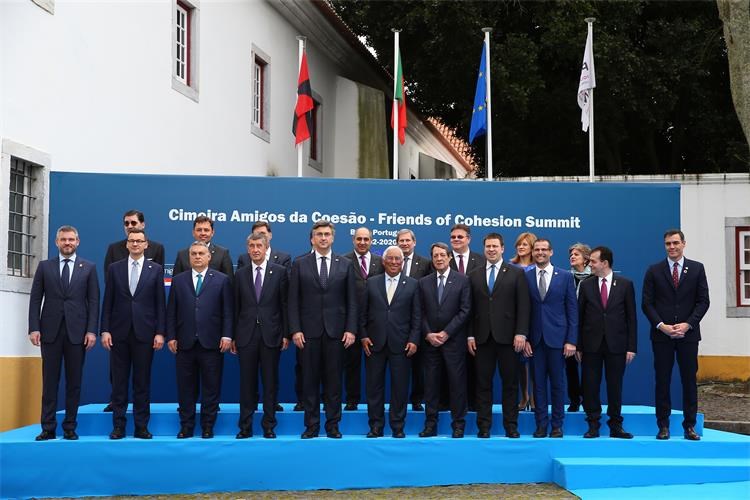


All the countries that are net recipinets of European funds want that the final agreement on the future seven-year budget of the European Union retains adequate funds for the cohesion policy, Plenkovic told reporters in Portugal.
The rationale behind that is that countries lagging behind the most developed ones in the EU could make sure that the living standards of their regions could move upward, Plenkovic said adding that the message is to ensure adequate funds for the coheshion policies.
This is the most important message of the conclusions adopted today, Plenkovic said.
The informal Friends of Cohesion group met on Saturday in Portugal ahead of an extraordinary meeting of the European Council set for 20 February when an agreement should be reached between the countries described as the net contributors to the EU budget and those net recipients.
Some of the countries seek to reduce the EU budget and direct most of the reduced budget at new priorities, such as climate change, at the expense of cohesion and agricultural policies.
The meeting in Portugal followed after officials of the 17 member-states convened in Prague on 5 November 2019 to define the group's further steps in defending the cohesion and agricultural policies in the next financial framework. During their gathering in the Czech capital city they demanded that in the 2021-2027 EU budget, the same amount should be set aside for the purpose of cohesion as it has been so far the practice.
The member states of the group are: Bulgaria, Croatia, Cyprus, Czech Republic, Estonia, Greece, Hungary, Latvia, Lithuania, Italy, Malta, Poland, Portugal, Romania, Slovakia, Slovenia and Spain. They are perceived as net recipients considering the EU budget.
Text: Hina